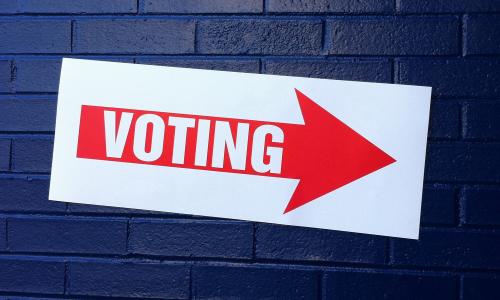As Congress decides the influence that pharmaceutical, biotech and medical device companies should have over the Food and Drug Administration (FDA), industry spends big.
Data compiled by the Center for Responsive Politics and commissioned by the Union of Concerned Scientists show that between 2009 and 2011, prescription drug, biotechnology and medical device companies spent more than $700 million lobbying Congress and the Obama administration.
That’s a lot of money. By comparison, the insurance industry spent $480 million in the same period. Drug companies alone spent more than $487 million on lobbying during the three-year period; biotechnology and medical device companies spent $126 million and $86 million, respectively.
Over the same period, elected officials on a House subcommittee and a Senate committee with oversight over FDA received nearly $6.3 million in campaign contributions from these industries. Donations went to both Republicans and Democrats.
Explore the major findings from our investigation and see all of the data we relied upon using the links to the right.
Spending coincides with key legislation
This year, Congress must reauthorize laws that govern how drugs and medical devices are approved and monitored, and determine what level of influence the relevant industries have over the FDA’s decision-making process. These companies may lobby the government on issues that are only tangentially related—or not related at all—to drug and device approval and monitoring. But the money buys them access.
The power of these special interests is reflected in the number of industry-friendly legislative proposals before both the House and the Senate.
One proposal would change FDA’s mission to include job creation, reducing the scrutiny the agency could give to medical devices by compelling the agency to consider every “least burdensome” alternative to improving device safety. Another would erode the FDA’s standard of “substantial evidence” when reviewing drugs and devices.
Consequences for scientific integrity
Congress is also considering legislation that would relax conflict-of-interest standards for federal advisory members at the FDA, allowing scientists with a financial stake in the outcome to vote on panels that approve or reject drugs and medical devices.
This legislation would undo recent progress on scientific integrity at the FDA. Following a series of scandals, the agency has adopted strong reforms to limit inappropriate political and corporate influence, including a stricter conflict-of-interest policy.
However, a recent survey of scientists at the FDA indicates that there is still progress to be made—so this is no time for Congress to move the agency backwards.



